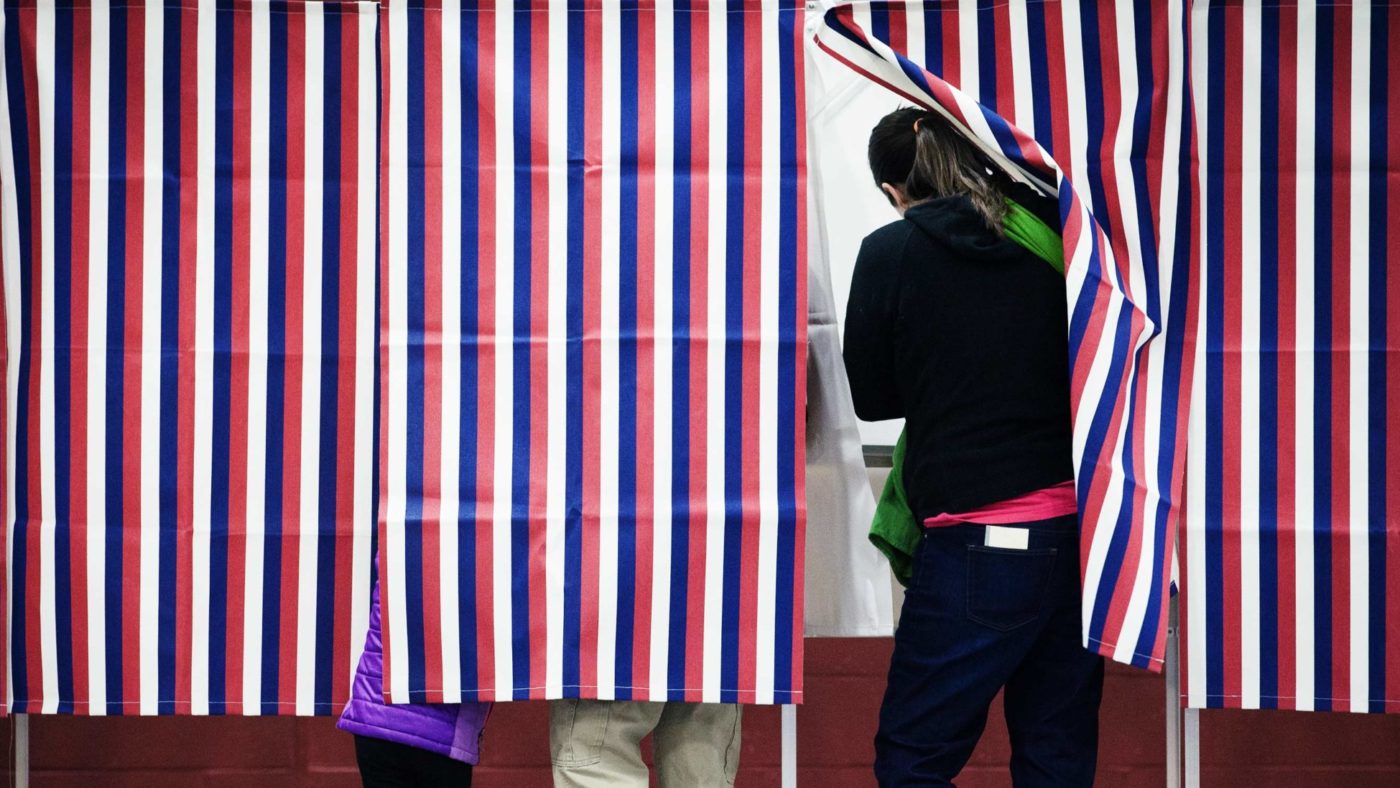Dambisa Moyo has just violated – or proven – Richard Feynman’s dictum that “a scientist looking at non-scientific problems is just as dumb as the next guy”.
Moyo is a good economist who has done excellent work on the realities of the effects of development aid. Judging by her most recent suggestion, her abilities as a political scientist aren’t so great.
Moyo’s alarming suggestion is that qualifications should be necessary before one can vote or stand in an election. Both have been tried before and neither needs to be tried again.
The issue Moyo is tackling is one that countless humans brighter than us have chewed over for centuries. And they’ve studied the implications and difficulties of the various approaches to democracy. Expertise is, in part, question of knowing what has been tried or argued for before, and therefore avoiding dead ends and non-starters.
Weighing in on areas beyond your expertise therefore comes with the risk of missing that your suggested solution has been tried before and, quite possibly, been found wanting.
That is the trap Moyo has fallen into. The obvious precedent for her suggestion that a basic competence in the subjects under discussion should be a prerequisite to voting is the post-Reconstruction South, where black voters were often asked to prove their literacy. Hey, that’s OK, right? The illiterate aren’t going to know much about politics are they? That, of course, isn’t the point. Aside from the principled defence of the right to vote, there is also the problem that those who set the tests are inevitably rigged to benefit those setting the tests.
That the test is having gone through some sort of civics class in school is no defence – for what is it that will be taught in the civics class? That inequality is a curse upon society? That abortion is purely a question of civil liberty? That the EU is essential to our wellbeing? Those who set the test and teach to it will have control over the electorate, won’t they?
The idea that there should be some form of litmus test for those who get elected comes with similar problems. As soon as we have anything other than it being the electorate who gets to decide then those who decide what the qualifications are get to swing the system.
Something similar already happens in the EU. Being a pan-European political party – and thus eligible for the important part of the EU Parliament’s funding – requires signing up to the basic principles of the EU itself. Including ever greater union. That is a bit of a problem for people who wish to use the electoral system to argue against said union.
But, of course, the real lesson about the danger of insisting on qualifications for electoral candidacy comes from Communism. A number of countries said that absolutely any one could stand for election as long as they demonstrated that they were members of the Party.
The twin ideas of voter and candidate qualifications fail on those rocks of historical experience. They will, inevitably, be abused by those who control the system that sets the qualifications – whatever those qualifications are.
They also fail the much deeper significance of what democracy is all about. At root, it’s the idea that we can throw the bastards out. If those who may be elected can only come from the favoured caste of GoodThink then democracy loses its essential function. And if only those who have demonstrated their GoodThink get to vote then, again, we aren’t really talking about a democracy.
Consider the most recent US presidential election. Hillary was arguably the most qualified candidate in history; Trump is a buffoon unfit for office. The voters saw things differently. And that, even when we don’t get the result we want, is the point of the process.


